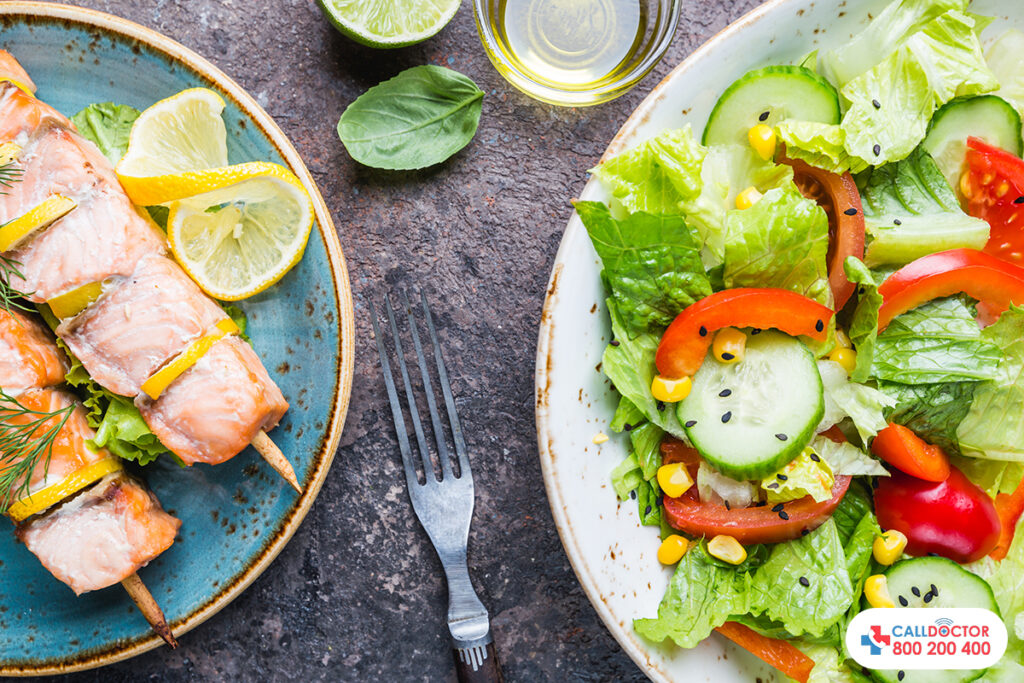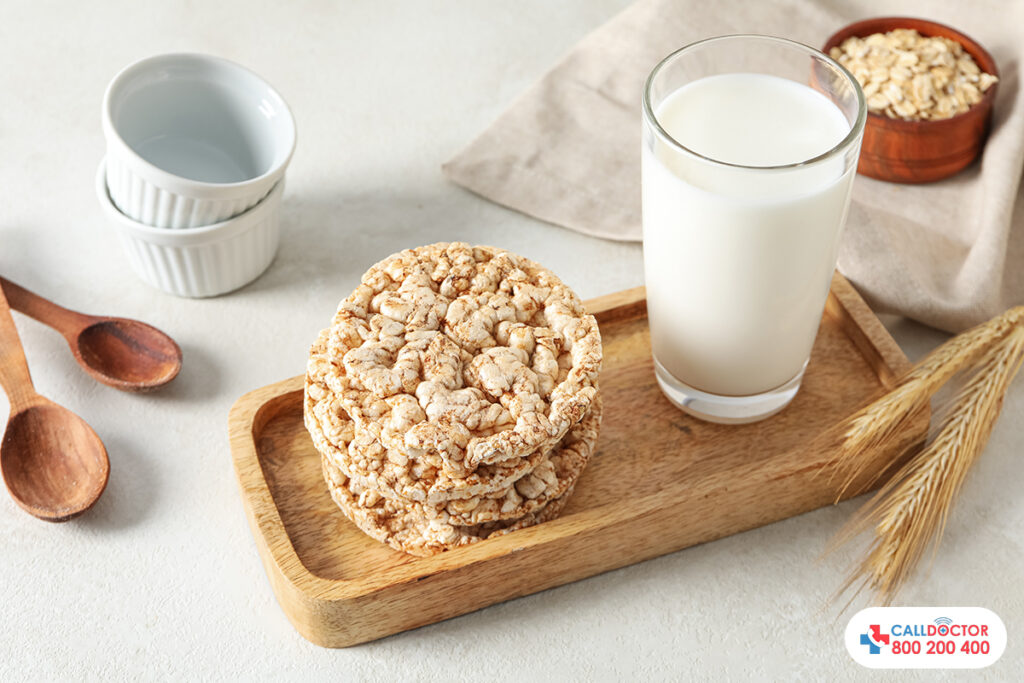Maintaining and having a healthy diet is crucial for overall well-being, including mental health. Studies have proven that a balanced and healthy diet can reduce the risk factors of mental health problems, including depression and anxiety. However, eating healthy can be challenging in Dubai, where the food culture is diverse, and many people have busy lifestyles. This article explores the relationship between diet and mental health in Dubai, provides tips for eating a healthy diet, and suggests ways to improve mental well-being through dietary changes.
The Impact of Diet on Mental Health
According to research, nutrition has a significant impact on mental health. A balanced diet can help lower the chances of anxiety and sadness. Increased risk of sorrow and stress has been linked to diets heavy in refined carbohydrates, sugar, and saturated fats. A lower risk of specific mental health issues has been linked to diets rich in fruits, vegetables, whole grains, and lean meats.
Poor Diet and Mental Health Problems
A diet high in refined carbohydrates, sugar, and saturated fats has increased the risk of depression and anxiety. Unhealthy eating habits in Dubai include high consumption of processed foods, skipping meals, and overeating.
You can improve your diet and mental health by consuming whole foods, reducing sugar and caffeine intake, and consuming foods rich in omega-3 fatty acids.
The Role of Macronutrients
Macronutrients, including carbohydrates, proteins, and fats, are essential to the daily diet. However, the type of macronutrients consumed can impact mental health. For example, diets high in carbohydrates, particularly refined carbohydrates, are linked to an increased risk of depression. In contrast, diets high in protein, particularly lean protein, with a lower risk of depression.
The Importance of Micronutrients
Micronutrients, including vitamins and minerals, are crucial for a healthy diet. Research has suggested that deficiencies in micronutrients, such as folate, zinc, and magnesium, can increase the risk of depression and anxiety. Therefore, consuming a diet rich in these nutrients is essential to maintain good mental health.
The Food Culture in Dubai
Dubai’s food culture is diverse, with various international cuisines available. However, many foods consumed in Dubai are high in calories, saturated fats, and sugar. Additionally, the busy lifestyle of many Dubai residents makes it challenging to maintain a healthy diet.

Everyday Unhealthy Eating Habits in Dubai
Several unhealthy eating habits are prevalent in Dubai, including:
High Consumption of Processed Foods
Processed foods, including fast food and pre-packaged meals, are readily available in Dubai. These foods are often high in calories, saturated fats, and sugar, contributing to poor mental health.
Skipping Meals
Many people in Dubai skip meals due to a busy lifestyle or Ramadan fasting. Skipping meals like breakfast or dinner can lead to low sugar or blood levels, which can cause irritability, anxiety, and fatigue.
Overeating
Overeating is also a common problem in Dubai, with many people consuming large portions. This habit can lead to weight gain, contributing to poor mental health as well.
Tips for Maintaining a Healthy Diet in Dubai
Here are some practical tips for eating a healthy diet in Dubai:
Incorporating Local Foods
Dubai has a variety of locally grown foods, including fruits, vegetables, and seafood. Incorporating these local foods into your diet can help you eat a more balanced and nutrient-rich diet.
Meal Prepping
With a busy lifestyle, finding the time to cook healthy meals every day can be challenging. Meal prepping is a significant step to save time and ensure that you have healthy meals on hand. Another possible option can be to consider prepping your meals for the week on the weekends to save time.
Avoiding Fast Food
Fast food is often high in calories, saturated fats, and sugar, contributing to poor mental health. Avoiding fast food with healthier alternatives can help you maintain a healthy diet.
Drinking Plenty of Water
Staying hydrated is essential for good physical and mental health. Ensure you drink plenty of water daily to keep your mind and body functioning at best.
Balancing Macronutrients
As mentioned earlier, balancing macronutrients is crucial for a healthy diet. Make sure to consume a balanced and healthy diet that includes fiber, carbohydrates, proteins, and fats in appropriate proportions.

Diet and Mental Health Through Dietary Changes
In addition, some specific dietary changes that can help improve mental health in Dubai can be as follows:
Increase Consumption of Whole Foods
Whole foods, including fruits, vegetables, proteins, and whole grains, are essential for good mental health. These foods are rich in micronutrients and can help improve your overall mood and reduce the risk of depression and anxiety.
Reduce Sugar and Caffeine Intake
High sugar and caffeine intake can contribute to poor mental health. Reducing your substance intake can help improve your mood or feelings and reduce the risk of mental health problems.
Consume Foods Rich in Omega-3 Fatty Acids
Omega-3 fatty acids are essential for good mental health. Consuming foods rich in these nutrients, such as fatty fish, can help improve mood and reduce the risk of depression and anxiety.
Consume Foods Rich in Omega-3 Fatty AcidsAn effective healthy diet plan is crucial for good physical and mental health, no matter where you live. By incorporating local foods, meal prepping, avoiding fast food, drinking plenty of water, balancing macronutrients, and making specific dietary changes, you can improve your mental well-being and reduce the risk of mental health problems.




